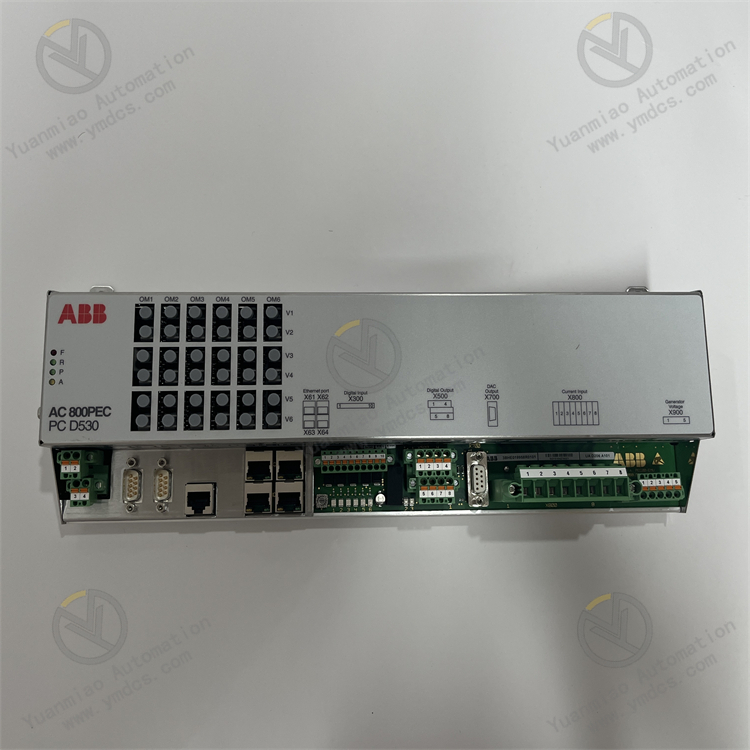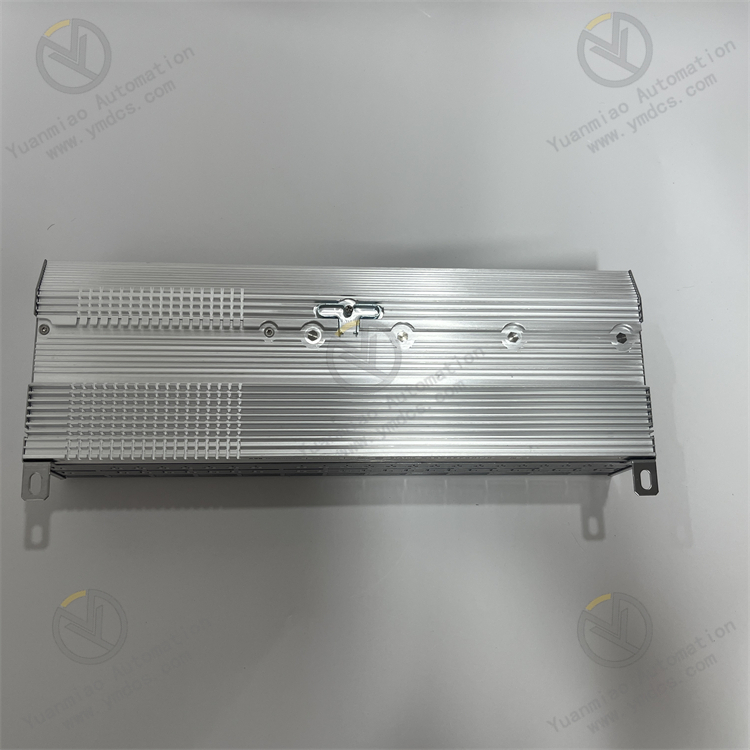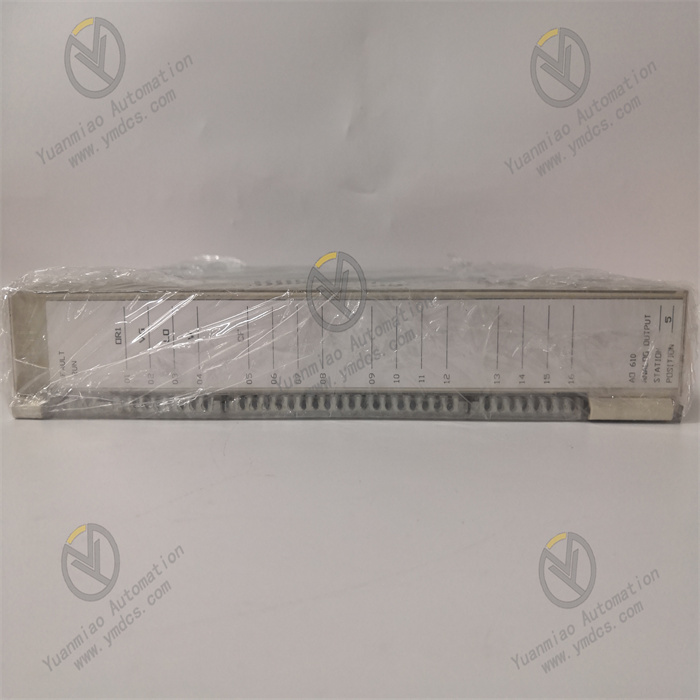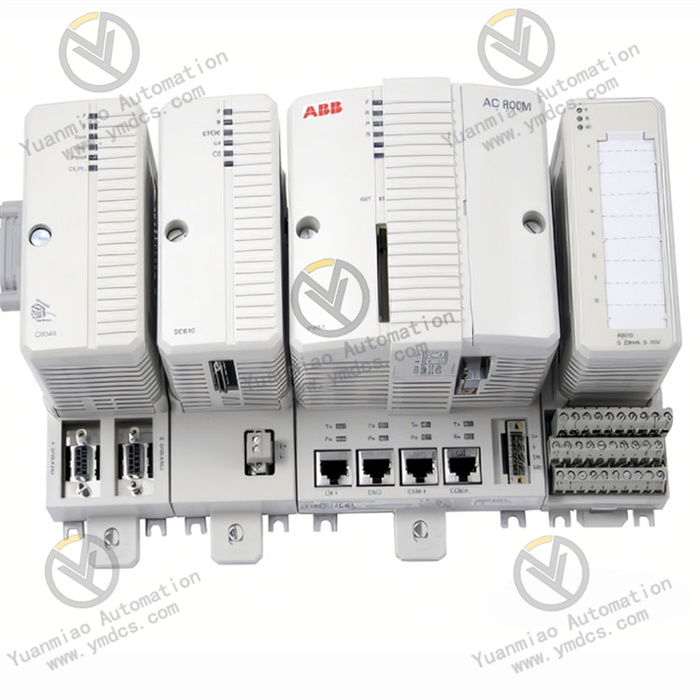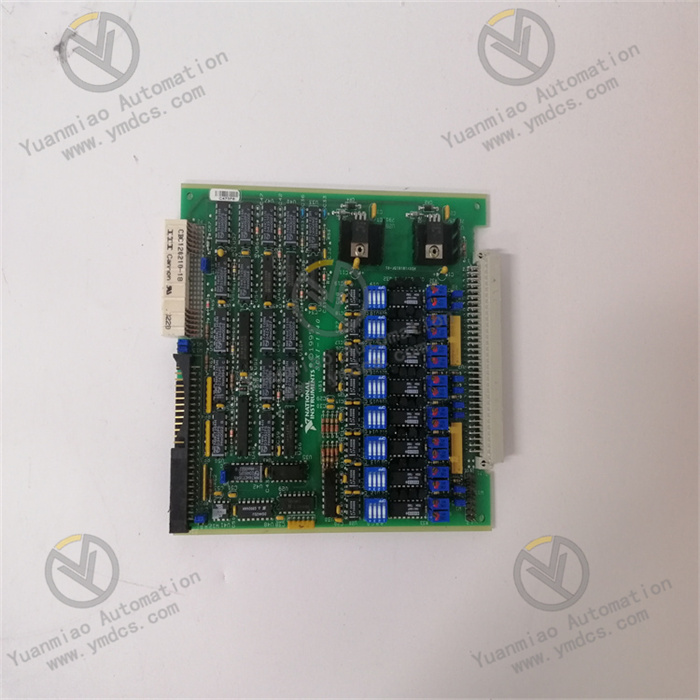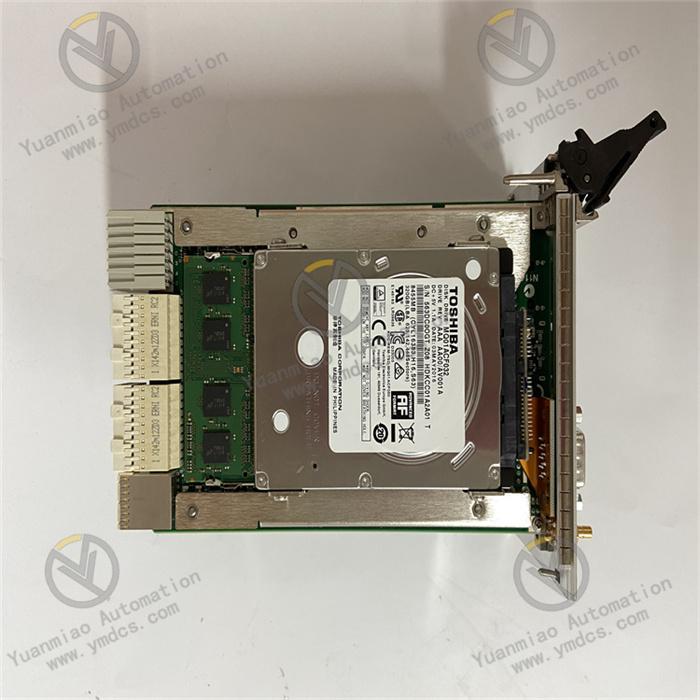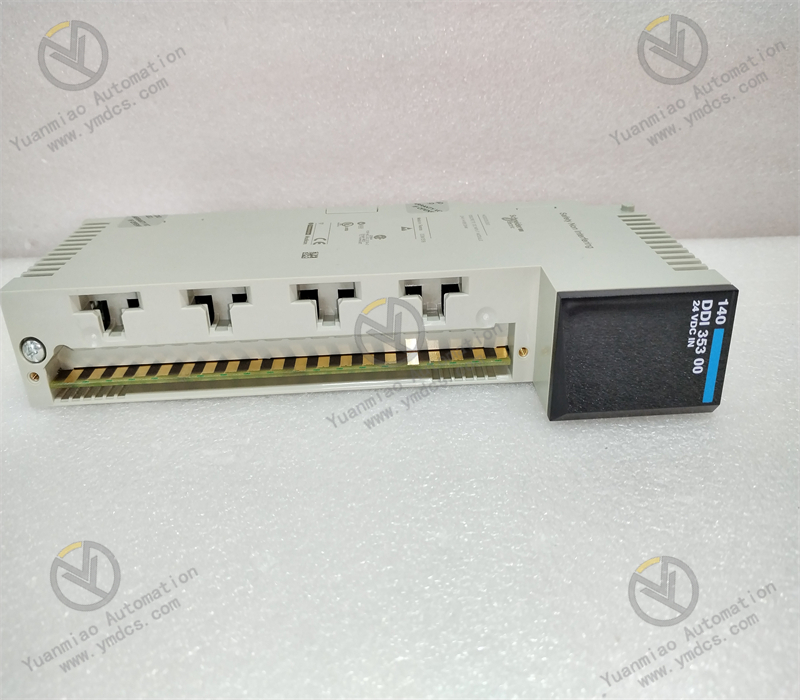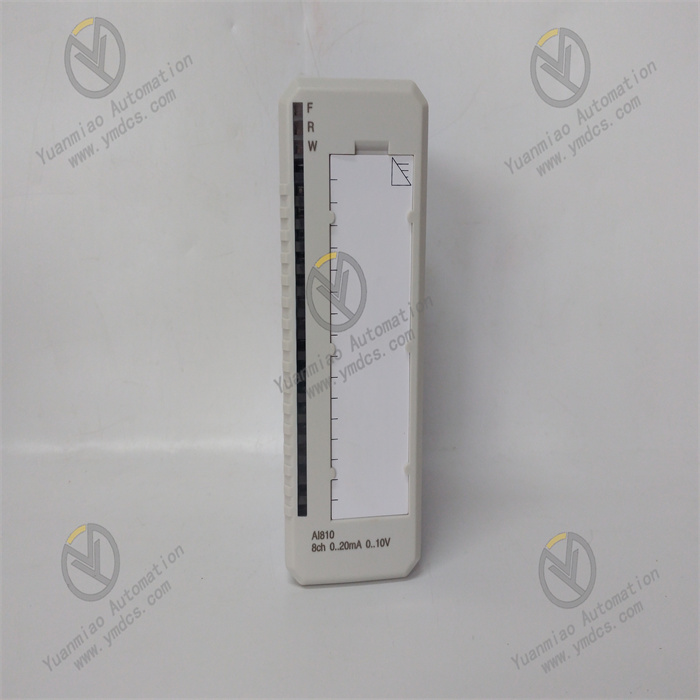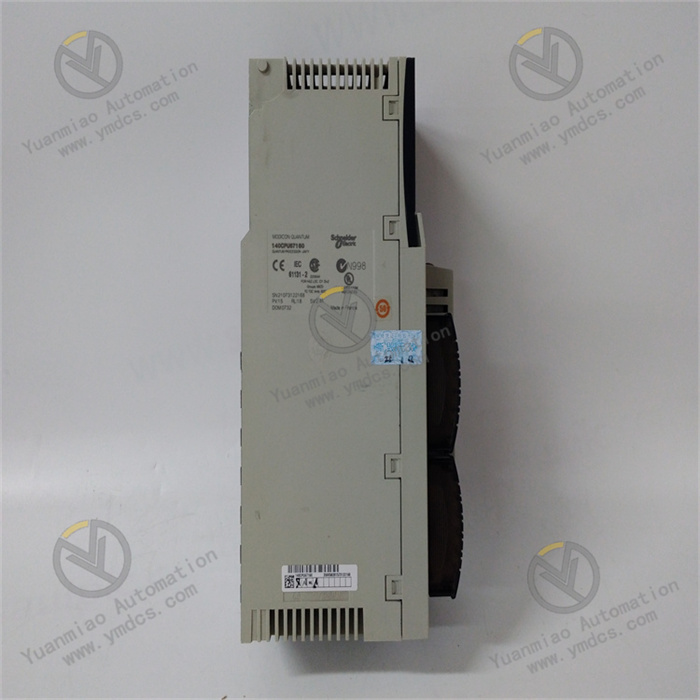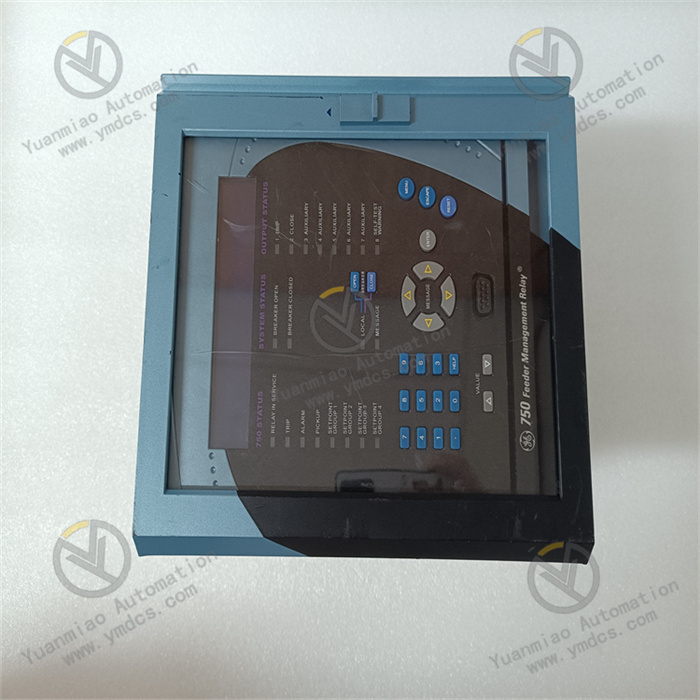Description
ABB PCD530A102 3BHE041343R0102
ABB PCD530A102 3BHE041343R0102 Excitation Control Module
This module is primarily used in power generation and industrial applications to regulate the excitation systems of motors, generators, or other equipment, ensuring their stable and efficient operation.
Functional Features
- Precise Excitation Control
- Equipped with advanced digital control algorithms for accurate regulation of excitation current.
- Provides stable and reliable control for synchronous generators, ensuring precise voltage regulation and efficient power output.
- High-Speed Data Processing
- Features a 32-bit CPU and 128MB memory for rapid data processing, meeting the demands of complex industrial environments.
- Diverse Communication Interfaces
- Supports Ethernet, USB, RS232/485 interfaces for seamless integration with other devices and systems, enabling data sharing and exchange.
- Comprehensive Monitoring Capabilities
- Monitors real-time operational status, electrical parameters (e.g., voltage, current), and industrial process variables (e.g., temperature, pressure, flow rate, Liquid level).
- Ensures industrial processes operate within predefined parameters.
Product Characteristics
- High-Precision Pulse Control
- Generates and controls precise pulse signals for driving actuators, servo systems, or motion control applications.
- Multi-Channel Output
- Provides multiple independent pulse output channels to support multi-axis or multi-channel control requirements.
- Fast Response Time
- Features rapid response and high pulse generation capabilities to meet real-time and precision demands.
- High Reliability
- Robust hardware design with advanced control algorithms ensures stability and reliability.
- Flexible Configuration
- User-customizable programs and parameters. Seamlessly integrates with other ABB control systems for system-level control and communication.
Technical Parameters
1. Electrical Performance Parameters
| Parameter | Details |
|---|---|
| Control Object | Excitation systems for synchronous generators and motors, supporting thyristor rectifiers, IGBT inverters, etc. |
| Voltage Regulation Range | 80%~110% of rated voltage (software-adjustable) |
| Voltage Regulation Accuracy | ≤±1% of rated voltage |
| Reactive Power Regulation | 0~100% of rated reactive power (inductive/capacitive) |
| Excitation Current Control Accuracy | ≤±0.1% of rated excitation current |
| Response Time | Voltage adjustment response time ≤50ms (under load changes) |
| Frequency Range | Supports 50Hz/60Hz systems |
| Protection Functions | Overvoltage, undervoltage, overcurrent, overheat, loss of field, frequency anomaly, phase sequence error, etc. |
2. Hardware Specifications
| Parameter | Details |
|---|---|
| Processor | 32-bit high-performance CPU |
| Memory | 128MB |
| Analog Inputs | 8 channels (16-bit resolution, supporting voltage, current, temperature, etc.) |
| Digital Inputs | 16 channels (24VDC) |
| Analog Outputs | 4 channels (4~20mA/0~10V) |
| Digital Outputs | 8 channels (relay contacts/transistor outputs) |
| Pulse Outputs | 4 channels (PWM signals, frequency 0~20kHz) |
| Communication Interfaces | Ethernet (TCP/IP), USB 2.0, RS232/485 (Modbus RTU protocol) |
| Power Supply | Input voltage: 100~240V AC (±10%) or 24V DC; Power consumption: ≤50W |
| Physical Dimensions | Width: 142mm; Height: 73.5mm; Depth: 380mm |
| Weight | Approximately 1.54kg |
| Mounting | Standard DIN rail or panel mounting |
3. Communication & Protocol Parameters
| Parameter | Details |
|---|---|
| Communication Protocols | Ethernet: Modbus TCP, ABB Ability™; RS232/485: Modbus RTU |
| Data Transfer Rate | Ethernet: 10/100Mbps auto-negotiation; RS485: Up to 115.2kbps |
| Max Connected Devices | Ethernet: ≥32 nodes; RS485: ≥32 slave devices |
4. Environmental Parameters
| Parameter | Details |
|---|---|
| Operating Temperature | -20°C~+60°C (non-condensing) |
| Storage Temperature | -40°C~+85°C |
| Humidity | 5%~95% relative humidity (non-condensing) |
Working Principle
The core working principle of the ABB PCD530A102 is to use digital control algorithms to precisely regulate the excitation system of synchronous generators or motors, maintaining voltage stability, controlling reactive power, and ensuring reliable operation under various conditions.
1. Core Objectives of Excitation Control
- Voltage Stability: Maintains generator terminal voltage within a set range (e.g., automatic adjustment during grid voltage fluctuations).
- Reactive Power Control: Adjusts the generator's reactive power output to support grid reactive power balance and optimize power factor.
- System Stability: Maintains dynamic stability of the device and grid through rapid response to load changes or faults.
2. Hardware & Software Architecture
- Hardware Layer:
- 32-bit CPU with 128MB memory for real-time signal processing and control algorithm execution.
- Communication interfaces (Ethernet, USB, RS232/485) for data exchange with host systems.
- I/O modules for analog/digital signal acquisition and output.
- Software Layer:
- Advanced control algorithms (e.g., PID regulation, adaptive control) to calculate required excitation current adjustments.
- Real-time monitoring and protection functions to detect anomalies (e.g., overvoltage, overcurrent) and trigger protective actions.
3. Operational Process
- Signal Acquisition:
- Collects electrical parameters (voltage, current, excitation current) and non-electrical parameters (temperature, pressure).
- Receives external control signals (start/stop commands).
- Data Processing & Algorithm Execution:
- CPU processes signals, converts them to digital format, and applies control algorithms.
- Algorithms calculate excitation current adjustments based on predefined voltage and reactive power targets.
- Excitation Power Regulation:
- CPU sends control signals to the excitation power unit (e.g., thyristor rectifier) to adjust excitation current.
- Closed-Loop Feedback & Dynamic Adjustment:
- System continuously monitors parameters, forming a closed-loop control system.
- Adjusts control signals in real-time to maintain stability, especially during grid faults or load changes.
4. Key Technical Advantages
- High Precision: 0.1% excitation current regulation accuracy and ≤±1% voltage regulation precision.
- Fast Response: Millisecond-level response time to meet dynamic stability requirements.
- Flexible Configuration: User-customizable control logic via ABB's Control Builder software.
- Reliability: Anti-interference design and fault self-diagnosis for harsh industrial environments.
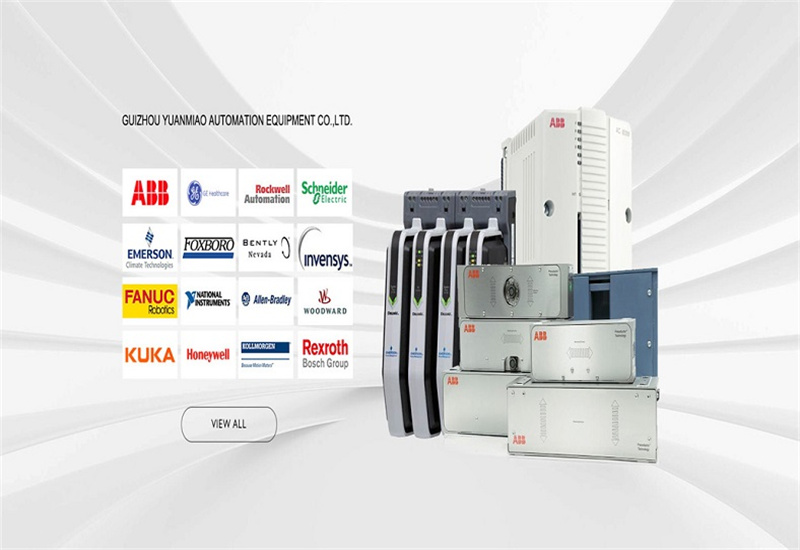
Related Products
ABB PM665 3BDS005799R1 | AC 800M Processor Module
ABB CI854AK01 3BSE030220R1 | AC 800M Profibus DP-VI Communication Module
ABB PP882 3BSE069275R1 Control Panel 12.1"
ABB PPD117A3011 3BHE030410R3011 Excitation Controller Module
ABB 500PB101 1MRB178009R0001 1MRB200064/C Extension Module


